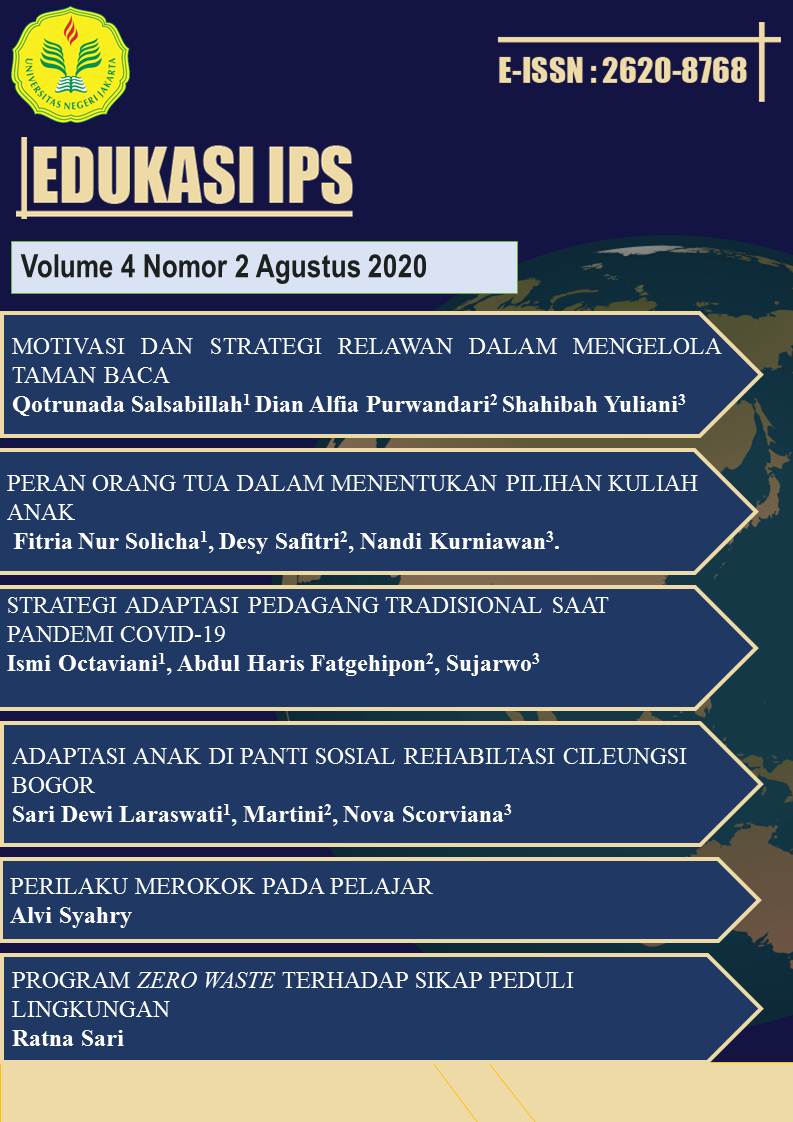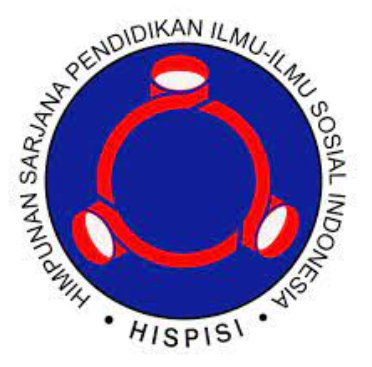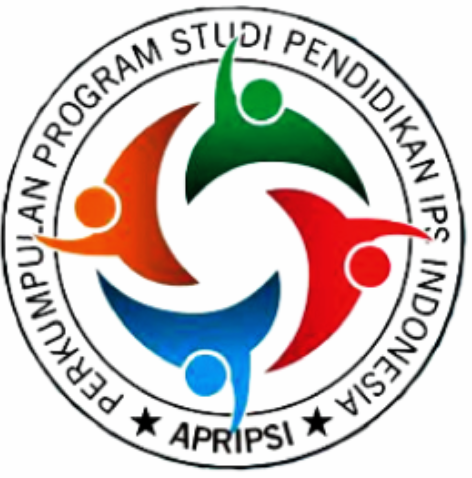MOTIVASI DAN STRATEGI RELAWAN DALAM MENGELOLA TAMAN BACA
Keywords:
Motivasi, Relawan, Taman Baca, Strategi PengelolaanAbstract
Abstrack
This study aims to determine the causes of volunteers leaving their jobs and preferring to manage Reading Parks, Edelweiss Volunteer motivation in managing Reading Parks and management strategies Edelweiss Reading Park. The study was conducted in Edelweiss Reading Park, Kamal Village, Kalideres District, West Jakarta City for approximately 2 months from the end of February to April 2020. This research method uses qualitative, with data collection technique through observation, interviews, and document analysis. The sources of data in this study are Edelweiss Reading Park owners as key informants and four Edelweiss Volunteers who manage Reading Park as core informants. The research produced that: (1) The causes of volunteer leaving their previous jobs and prefer to manage the reading park are due to internal and external factors that motivate volunteers. Internal factors include the thought that as human beings must be beneficial to others, wants to channel their potential, because of the social soul high. External factors which include, the surrounding environment, the community, RT/RW management, and motivational factors from volunteer parents. (2) The motivation of edelweiss volunteers in managing the reading park is more dominated by self-actualization needs. (3) Edelweiss reading park management strategies, including planning that begins with a joint discussion, implementation of activities, programs, and management of funds and evaluation of activities as a reference for subsequent planning.
Keywords: Motivation, Volunteers, Reading Park, Management Strategies.
Abstrak
Penelitian ini bertujuan untuk mengetahui penyebab relawan keluar dari pekerjaan dan lebih mengelola taman baca, motivasi relawan edelweiss dalam mengelola taman baca dan strategi pengelolaan taman baca edelweiss. Penelitian dilakukan di Taman Baca Edelweiss, Kelurahan Kamal, Kecamatan Kalideres, Kota Jakarta Barat selama kurang lebih 2 bulan dari akhir bulan Februari sampai dengan bulan April 2020. Metode penelitian ini menggunakan penelitian kualitatif, dengan teknik pengumpulan data melalui observasi, wawancara dan analisis dokumen. Sumber data yang dalam penelitian ini yaitu pemilik Taman Baca Edelweiss sebagai informan kunci dan empat relawan edelweiss yang menjadi pengelola taman baca sebagai informan inti. Penelitian ini dihasilkan bahwa: (1) Penyebab Relawan meninggalkan pekerjaan sebelumnya dan lebih memilih mengelola Taman Baca adalah karena adanya faktor internal dan eksternal yang memotivasi Relawan. Faktor internal meliputi pemikiran bahwa sebagai manusia harus bermanfaat untuk orang lain, ingin menyalurkan potensi yang dimiliki, dan karena jiwa sosial yang tinggi. Faktor eksternal yang meliputi, lingkungan sekitar, masyarakat, pengurus RT/RW, dan faktor motivasi dari orang tua Relawan. (2) Motivasi Relawan Edelweiss dalam mengelola Taman Baca lebih didominasi dengan aktualisasi diri. (3) Strategi pengelolaan Taman Baca Edelweiss, meliputi perencanaan yang diawali dengan diskusi bersama, pelaksanaan kegiatan, program dan pengelolaan dana serta evaluasi kegiatan sebagai acuan perencanaan berikutnya.
Kata Kunci: Motivasi, Relawan, Taman Baca, Strategi pengelolaan.
Downloads
Published
How to Cite
Issue
Section
License
Authors who publish with this journal agree to the following terms:
- Authors retain copyright and grant the journal right of first publication with the work simultaneously licensed under a Creative Commons Attribution ShareAlike License that allows others to share the work with an acknowledgement of the work's authorship and initial publication in this journal.
- Authors are able to enter into separate, additional contractual arrangements for the non-exclusive distribution of the journal's published version of the work (e.g., post it to an institutional repository or publish it in a book), with an acknowledgement of its initial publication in this journal.
- Authors are permitted and encouraged to post their work online (e.g., in institutional repositories, pre-prints sites or on their website) prior to and during the submission process, as it can lead to productive exchanges, as well as earlier and greater dissemination of published work







